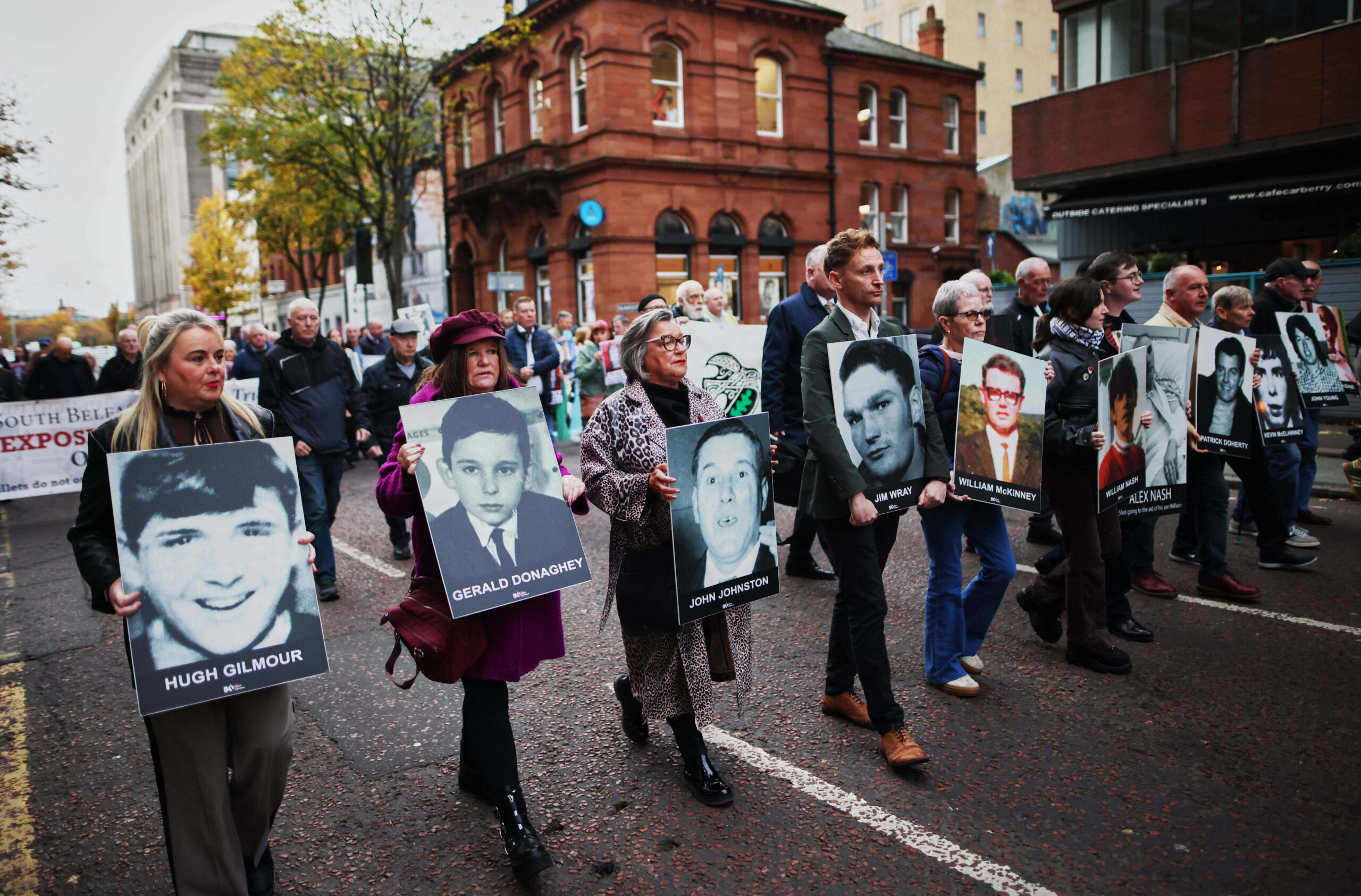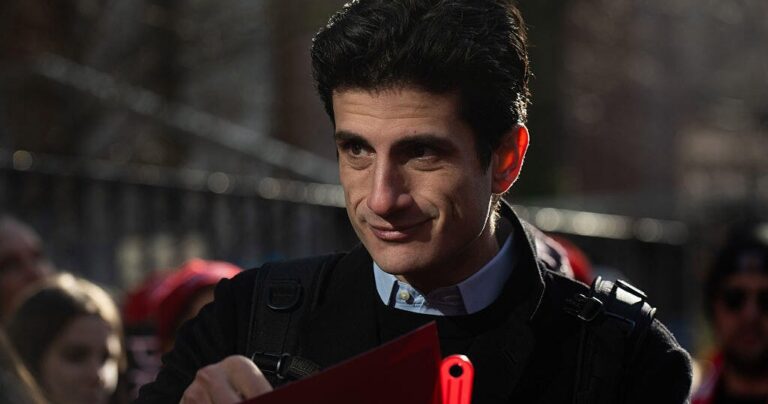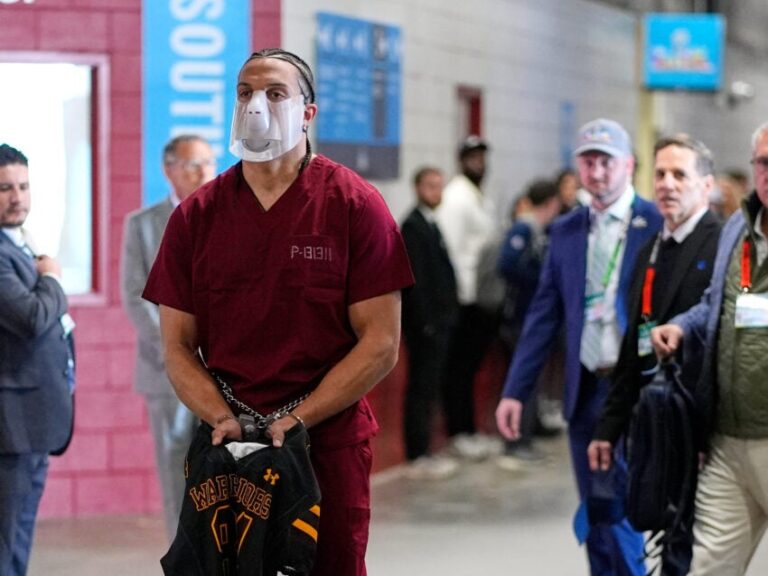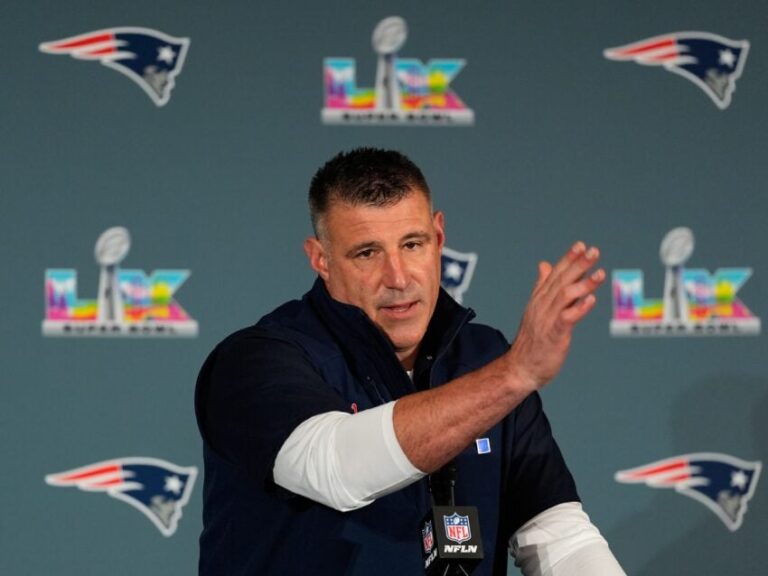
LONDON (AP) — A former British paratrooper was found not guilty Thursday on murder charges relating to the 1972 Bloody Sunday massacre in Northern Ireland, an event that saw 13 people killed in a flurry of bullets.
Judge Patrick Lynch ruled at Belfast Crown Court that prosecutors failed to prove that the veteran, identified only as “Soldier F,” had opened fire with intent to kill on unarmed civilians who were running to safety.
Soldier F was the only soldier ever charged in connection with the events on January 20, 1972, in Londonderry, also known as Derry. It was one of the deadliest incidents during the period known as “The Troubles,” the conflict between mainly Catholic supporters of a united Ireland and predominantly Protestant forces who wanted Northern Ireland to remain part of the United Kingdom.
In addition to the 13 people killed, 15 others were wounded on Bloody Sunday. Survivors have spoken of the confusion, chaos, and terror as soldiers opened fire and bodies began falling after a large civil rights march through the city.
The verdict was a blow to families of victims who have spent more than a half-century seeking justice. While the sectarian violence largely ended with the 1998 Good Friday peace accord, and Northern Ireland has become a beacon of hope for other conflicts around the world, tensions still remain.
### The Verdict in Detail
Soldier F was kept out of public view in court, hidden behind a curtain throughout the five-week trial, and did not testify in his defense. The trial was a non-jury proceeding, which has been standard in cases related to the decades-long period of sectarian violence in Northern Ireland.
He had pleaded not guilty to two counts of murder for the deaths of James Wray, 22, and William McKinney, 27, as well as five counts of attempted murder for the shootings of Joseph Friel, Michael Quinn, Joe Mahon, Patrick O’Donnell, and for opening fire at fleeing demonstrators.
The judge said the evidence presented against Soldier F fell well short of what was required for a conviction.
However, Judge Lynch strongly criticized the soldiers from the Parachute Regiment on duty that day for their conduct, which he said sullied the memory of a unit with a proud record in World War II.
“They had totally lost all sense of military discipline,” the judge said. “Shooting in the back unarmed civilians fleeing from them on the streets of a British city. Those responsible should hang their heads in shame.”
Yet, the judge explained that because there is no concept of “collective guilt” in the courts, he was unable to issue a guilty ruling against Soldier F.
The sole evidence against Soldier F came from two other veterans, known as Soldiers G and H. One is deceased, while the other refused to testify out of fear of incriminating himself.
“Their statements, the sole and decisive evidence, cannot be tested in a way that witnesses giving evidence from the witness box would be,” the judge said. “Delay has, in my view, seriously hampered the capacity of the defense to test the veracity and accuracy of the hearsay statements.”
### A Blow to Families of Victims
Mickey McKinney, brother of William McKinney who was shot dead on Bloody Sunday, said the failure to bring anyone to justice “lies with the British state” for failing to investigate the murders “properly, or indeed at all; and with the British Army who shielded and enabled its soldiers to continue to murder with impunity.”
Over the decades since the massacre, Bloody Sunday has become a source of shame for the British government, which initially claimed that members of the parachute regiment fired in self-defense after being attacked by gunmen and others hurling firebombs.
### Relief for Veterans and Their Supporters
Supporters of army veterans complain that their sacrifices have been downplayed and that they have been unfairly targeted in investigations.
Defense lawyer Mark Mulholland criticized the prosecution’s case as “fundamentally flawed and weak,” saying it relied on soldiers he described as “fabricators and liars,” as well as the fading memories of survivors who were scrambling to avoid live gunfire—some of whom mistakenly thought the rounds were rubber bullets.
Veterans and their campaigners welcomed Thursday’s verdict.
“It has become increasingly clear that the admissibility of certain types of evidence, particularly those based on decades-old recollections, remains deeply problematic,” said Northern Ireland veterans commissioner David Johnstone. “Soldier F has faced legal scrutiny in various forms for more than a quarter of a century, and it is my hope that today’s ruling by Judge Lynch brings that long and arduous process to a close,” he added.
### The Long Road to the Case
Following the peace process initiated by the Good Friday Agreement, steps were taken to foster trust between Catholics and Protestants, as well as between the people of Northern Ireland and the British government.
An inquiry in 2010 found that the soldiers involved in Bloody Sunday had shot unarmed civilians fleeing and then lied in a cover-up that lasted for decades. Then-Conservative Prime Minister David Cameron apologized and said the killings were “unjustified and unjustifiable.”
The findings cleared the way for the eventual prosecution of Soldier F, though delays and setbacks prevented the trial from commencing until last month.
On Thursday, a spokesman for current Labour Prime Minister Keir Starmer called the not-guilty verdict “an example of the complex legacy of the Troubles.” He said the government is “focused on setting out a way forward to deal with this difficult period in a fair and balanced way that allows victims to seek answers and get closure, including bereaved forces’ families.”
https://religionnews.com/2025/10/27/british-ex-soldier-acquitted-of-murder-in-1972-bloody-sunday-massacre/





